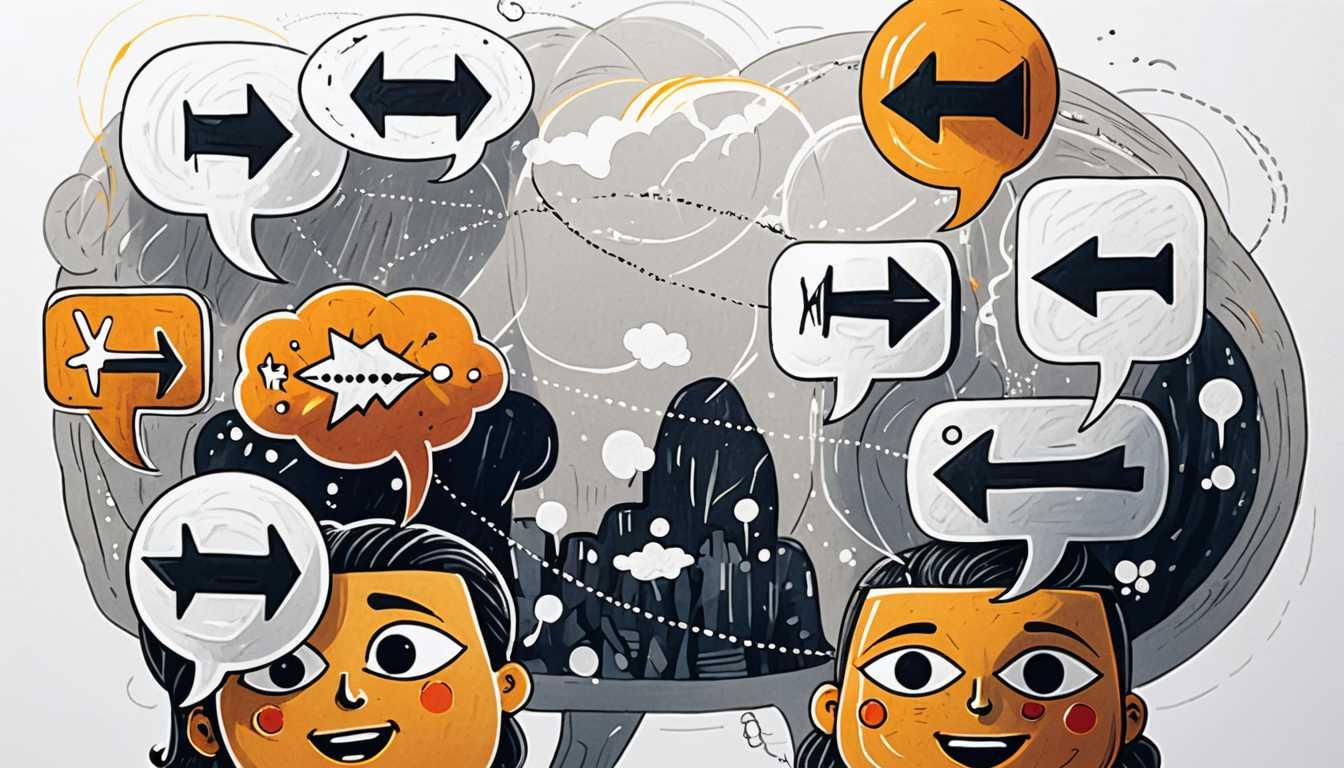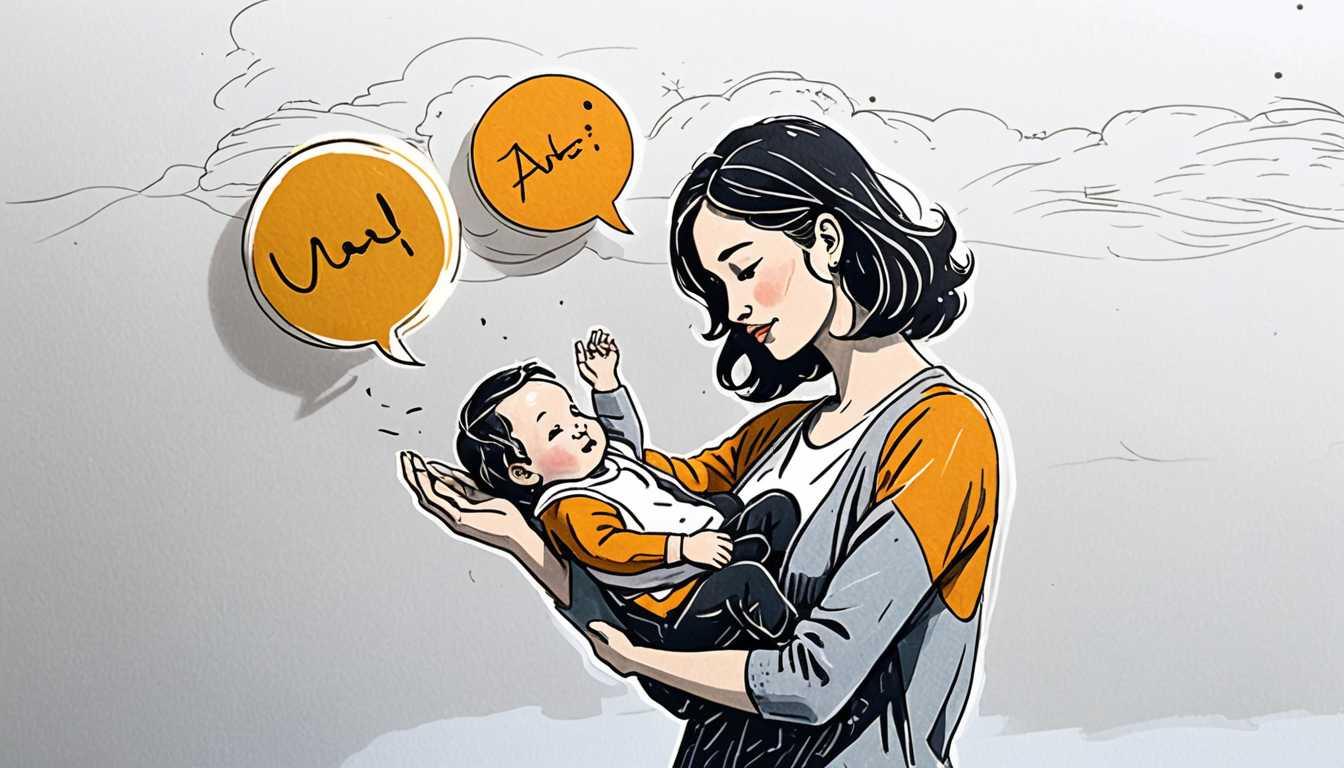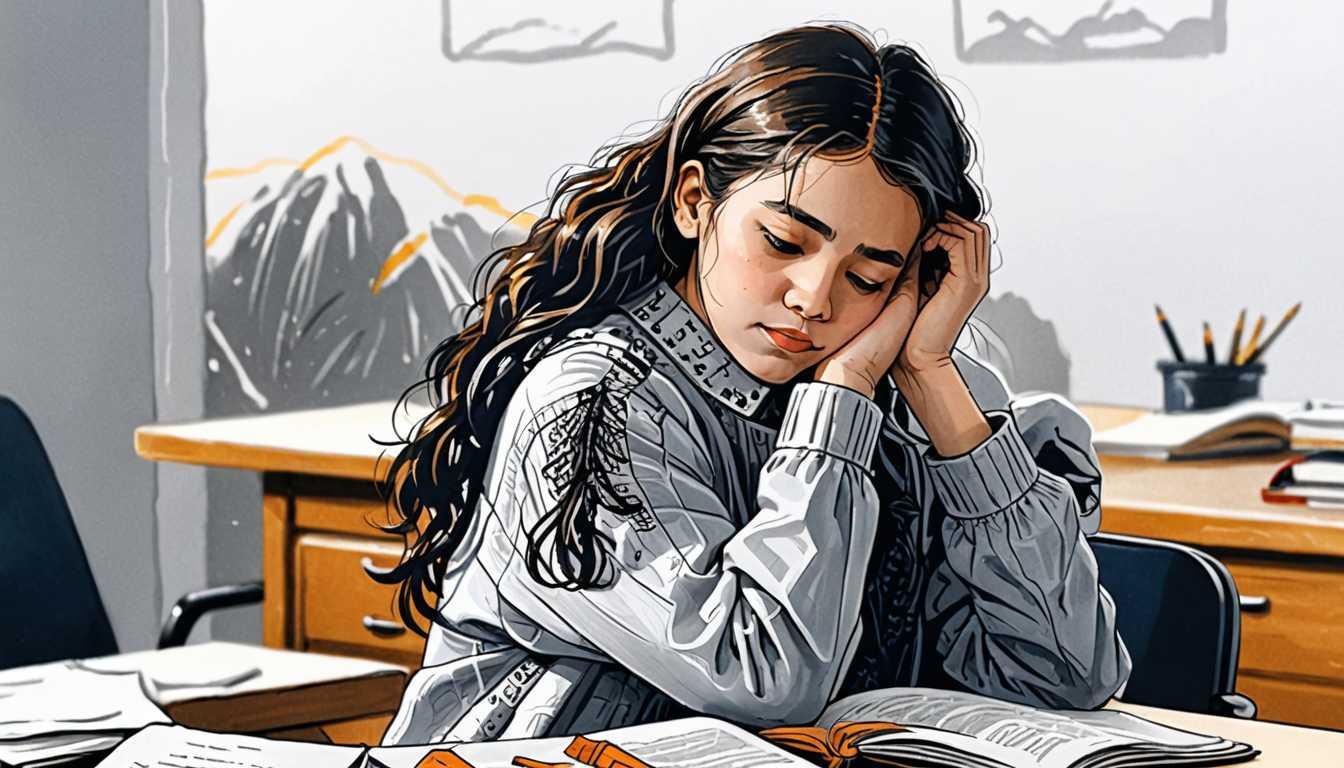Learning Prejudice: The Hidden Influence of Observation
August 2024
Harvard Gazette
Introduction
Hey there, future scholars! Ever wondered how prejudice sneaks into our minds? A recent study by psychology professor Mina Cikara, featured in the Harvard Gazette, reveals that we often pick up biases just by watching how others act! The research shows that observing biased behavior can lead us to make similar judgments, even if we don’t realize it. Dive into this intriguing article to explore how these social cues shape our views—and maybe even get a chuckle or two along the way!
READ FULL ARTICLEWhy It Matters
Discover how this topic shapes your world and future
Unpacking the Puzzle of Prejudice
Understanding how prejudice is learned and passed on is vital for creating a fair and equitable society. Researchers like Mina Cikara are diving deep into the ways we observe and mimic the behaviors of others, especially in the context of social biases. This research highlights that our perceptions of people can be influenced significantly by what we see others do, even if it lacks solid evidence. In a world where social media and digital interactions play a huge role, grasping how biases are formed can help us combat inequality on a global scale. By becoming aware of these mechanisms, you can empower yourself and others to challenge stereotypes and foster a community built on understanding and respect.
Speak like a Scholar
Prejudice
An unfavorable opinion or judgment formed beforehand about a person or group, often without enough knowledge or evidence.
Bias
A tendency to favor one group over another, which can lead to unfair treatment.
Stereotype
A widely held but oversimplified idea or image of a particular type of person or thing.
Observational Learning
Learning that occurs through watching others, rather than through direct experience.
Anthropomorphize
To attribute human traits, emotions, or intentions to non-human entities, like animals or machines.
Social Inequality
The unequal distribution of resources and opportunities among different social groups.
Independent Research Ideas
The Impact of Social Media on Bias Formation
Investigate how platforms like Instagram or TikTok influence our perceptions of different social groups and contribute to the spread of prejudice. Exploring this could reveal surprising connections between online interactions and real-world attitudes.
Prejudice in Artificial Intelligence
Examine how biases can be encoded into AI systems and the implications of this for society, especially as AI becomes increasingly integrated into our lives. This topic could lead to fascinating discussions about technology and ethics.
The Role of Family in Shaping Bias
Research how family dynamics and discussions around race and identity can influence a young person's understanding of social groups. This could uncover the importance of home environments in combating prejudice.
Comparative Study of Stereotypes Across Cultures
Look into how stereotypes about certain groups differ from one culture to another and what factors contribute to these differences. This could shed light on the global nature of bias and help promote cultural understanding.
The Psychological Mechanisms Behind Bias
Dive into the cognitive processes that underlie how we form and change prejudiced beliefs. Understanding these mechanisms could offer insights into how to effectively challenge and change harmful stereotypes.
Related Articles

Understanding Minds: Confidence vs. Reality
August 2024
King's College London - News

Stereotypes Unraveled: A New Perspective
February 2023
Phys Org

“Babbling Brilliance: How Babies Shape Speech”
February 2025
Cornell News Highlights

Gen Z: Safety First, Kindness Follows!
November 2024
UCLA Health + Behavior

Chat Your Way to Connection!
May 2024
Cornell News Highlights